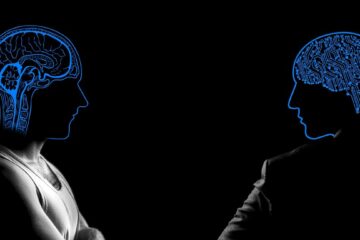Computerised Cognitive Behavioural Therapy (CCBT) for Panic Attacks: A Synthesis of Recent Evidence
Cognitive Behavioural Therapy (CBT) is a gold-standard treatment for panic disorder and panic attacks, with increasing evidence supporting its digital adaptation, Computerised Cognitive Behavioural Therapy (CCBT). Internet-delivered CBT (ICBT) has demonstrated efficacy in reducing panic symptoms and anxiety, particularly in overcoming accessibility barriers such as geographical limitations, therapist shortages, and stigma (Smith & Jones, 2021). A 2023 scoping review highlighted ICBT’s effectiveness in improving panic symptoms, though its impact on quality of life (QoL) remains Read more









